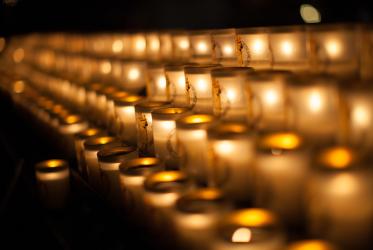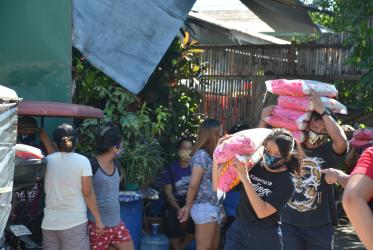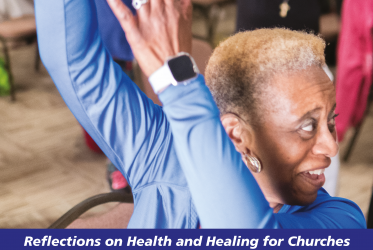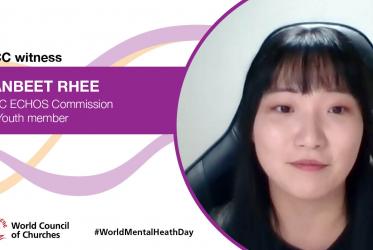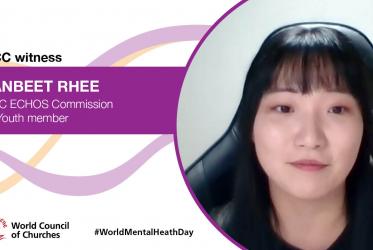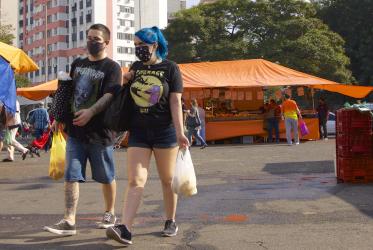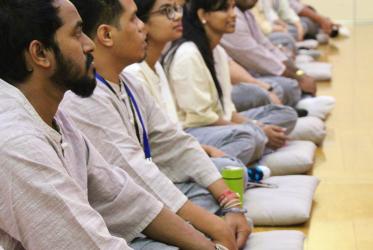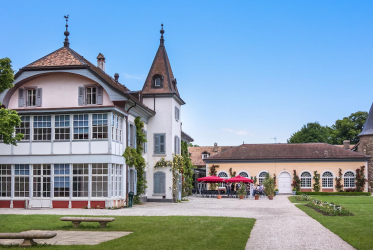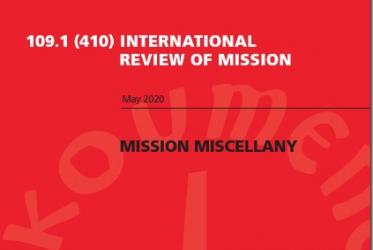Displaying 121 - 140 of 410
06 January 2021
WCC sends greetings to Taize youth as they gather online with hope
23 December 2020
WCC stands behind youth call for action on climate justice
25 November 2020
Frontline workers taking on “sacrificial burden” as COVID-19 spreads
06 November 2020
On World Mental Health Day, “expect your colorful life”
12 October 2020
On World Mental Health Day, “expect your colorful life”
12 October 2020
New student body at Bossey Ecumenical Institute “a source of joy”
14 September 2020
At Bossey, ’I could feel the belongingness’
17 June 2020
“Facing the Red Sea” offsets fears with trust
11 June 2020

